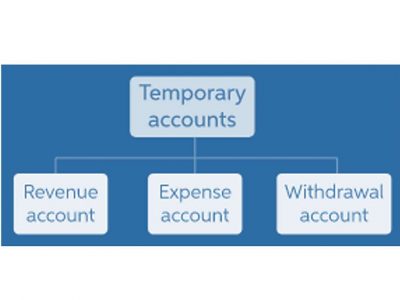
IFTA applies to you if you drive a vehicle across multiple states or provinces that weighs more than 26,000 pounds or has at least three axles.
Fortunately, it doesn’t have to take up too much time or energy if you plan ahead. The IFTA is a way to redistribute the fuel taxes truck drivers pay in the lower 48 states and the 10 Canadian provinces. It ensures your funds go to the areas where you used your fuel instead of the ones where you purchased it. In addition to keeping records of your expenses, you should have documents that prove their validity, such as receipts, trip logs, and account statements.
An Introductory Guide To Trucking Accounting
As a result, many truck drivers handle a significant portion of their bookkeeping without much assistance. For example, it’s usually best for a driver to keep track of their miles, fuel purchases, and meal expenses while on the road. While they’re theoretically distinct, the line between them is somewhat blurred. Even some CPAs are unaware of the specifics of the industry, where unique rules and changing regulations can cause you to misreport your tax-deductible expenses.
The accrual basis of accounting requires that you recognize revenues when you earn them and expenses when you incur them, regardless of when funds enter or leave your accounts. It takes more work, but it also documents your profitability more accurately. As a sole proprietor, you and your trucking business are a single entity. It’s often even more difficult for truck drivers, whose gas and food expenses could easily be personal costs if they occurred outside of a trucking trip.
Common Mistakes
You can document trucking costs manually, but connecting your business accounts to accounting software is much easier. It can track and categorize your expenses automatically, though you may need to keep some supplemental records. The first thing every business owner should do to simplify their accounting is to separate their business activities from their personal ones.

As a trucking business owner, you should keep records of all your expenses and the documents that support them, such as receipts and account statements. For example, that includes data from truckers bookkeeping your ELD, invoices, bills of lading, payroll statements, and tax payment receipts. An accounting solution is also essential for most small businesses, including trucking companies.